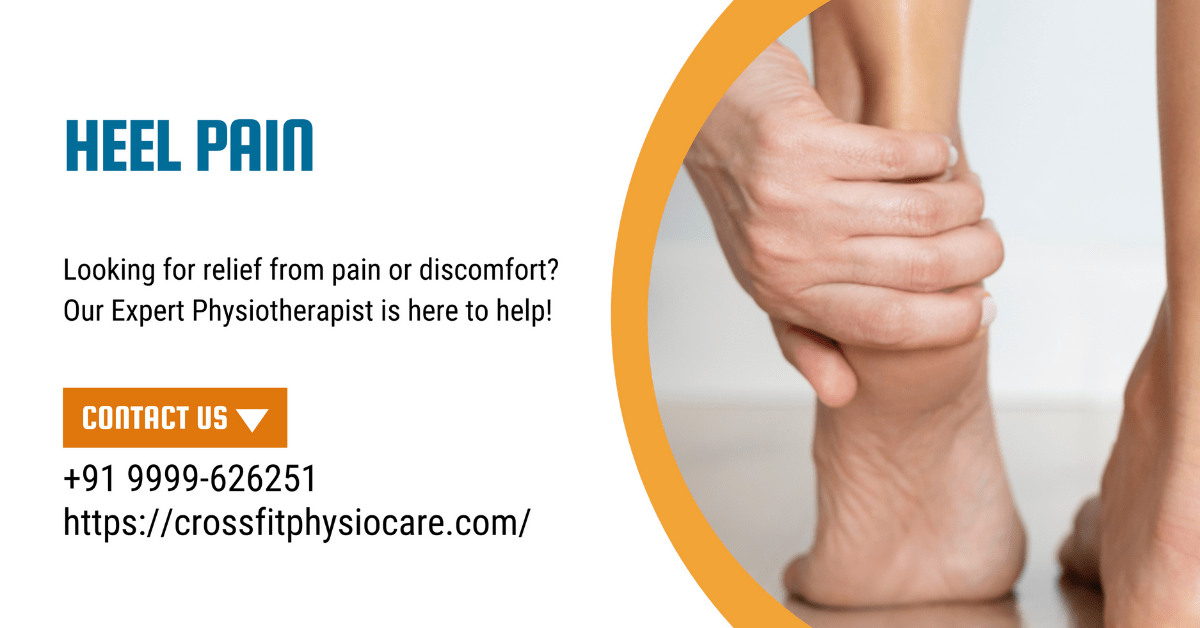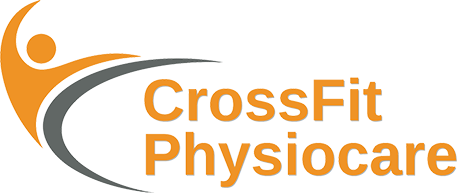
Heel Pain
Heel pain is a common condition that can be caused by various factors. It often occurs as a result of strain or inflammation of the structures in and around the heel. The pain can be localized to the back of the heel, the bottom of the heel, or even extend into the arch of the foot.
Common causes of heel pain:
Plantar Fasciitis: This is one of the most common causes of heel pain. It involves inflammation of the plantar fascia, a thick band of tissue that connects the heel bone to the toes. The pain is usually felt under the heel, especially after periods of rest or when taking the first steps in the morning.
Achilles Tendinitis: This condition involves inflammation of the Achilles tendon, which connects the calf muscles to the heel bone. Achilles tendinitis can cause pain at the back of the heel and along the calf.
Sever’s Disease: This condition mainly affects children and adolescents. It involves inflammation of the growth plate at the back of the heel bone and is often seen in active kids during growth spurts.
Stress Fractures: Small cracks in the heel bone (calcaneus) due to repetitive stress or overuse can lead to heel pain.
Tarsal Tunnel Syndrome: Similar to carpal tunnel syndrome in the wrist, tarsal tunnel syndrome involves compression of a nerve in the foot, leading to pain and discomfort in the heel and arch.
Plantar Fascia Rupture: In severe cases of plantar fasciitis, the plantar fascia can rupture, causing intense pain in the heel.
Obesity or Excess Weight: Excess body weight can increase pressure on the feet and contribute to heel pain.
Treatment and Management:
Rest: Avoid activities that exacerbate the pain and give your heels time to heal.
Ice: Applying ice to the affected area can help reduce inflammation and pain.
Footwear: Wear supportive, cushioned shoes with proper arch support. Avoid wearing shoes with thin soles or high heels.
Orthotics: Custom orthotic inserts can provide additional arch support and cushioning.
Stretching: Gentle stretching exercises for the calf muscles and Achilles tendon can help relieve tension on the heel.
Physical Therapy: A physical therapist can recommend exercises and stretches tailored to your specific condition.
Professional Evaluation: If your heel pain persists or worsens, consult a healthcare professional for a proper diagnosis and treatment plan.
Remember that self-diagnosis and self-treatment may not always lead to the best outcomes. If you’re experiencing persistent or severe heel pain, it’s important to consult a healthcare provider or a podiatrist for an accurate diagnosis and appropriate treatment recommendations.
- Daani Plaza E-595-596, 4th Floor, Ramphal Chowk Rd, Block E, Sector 7 Dwarka, New Delhi - 110075
- +91 99996 26251
- support@crossfitphysiocare.com
How can we help you?
If you are looking for the best and nearest physiotherapist, then click below to message us on WhatsApp.
